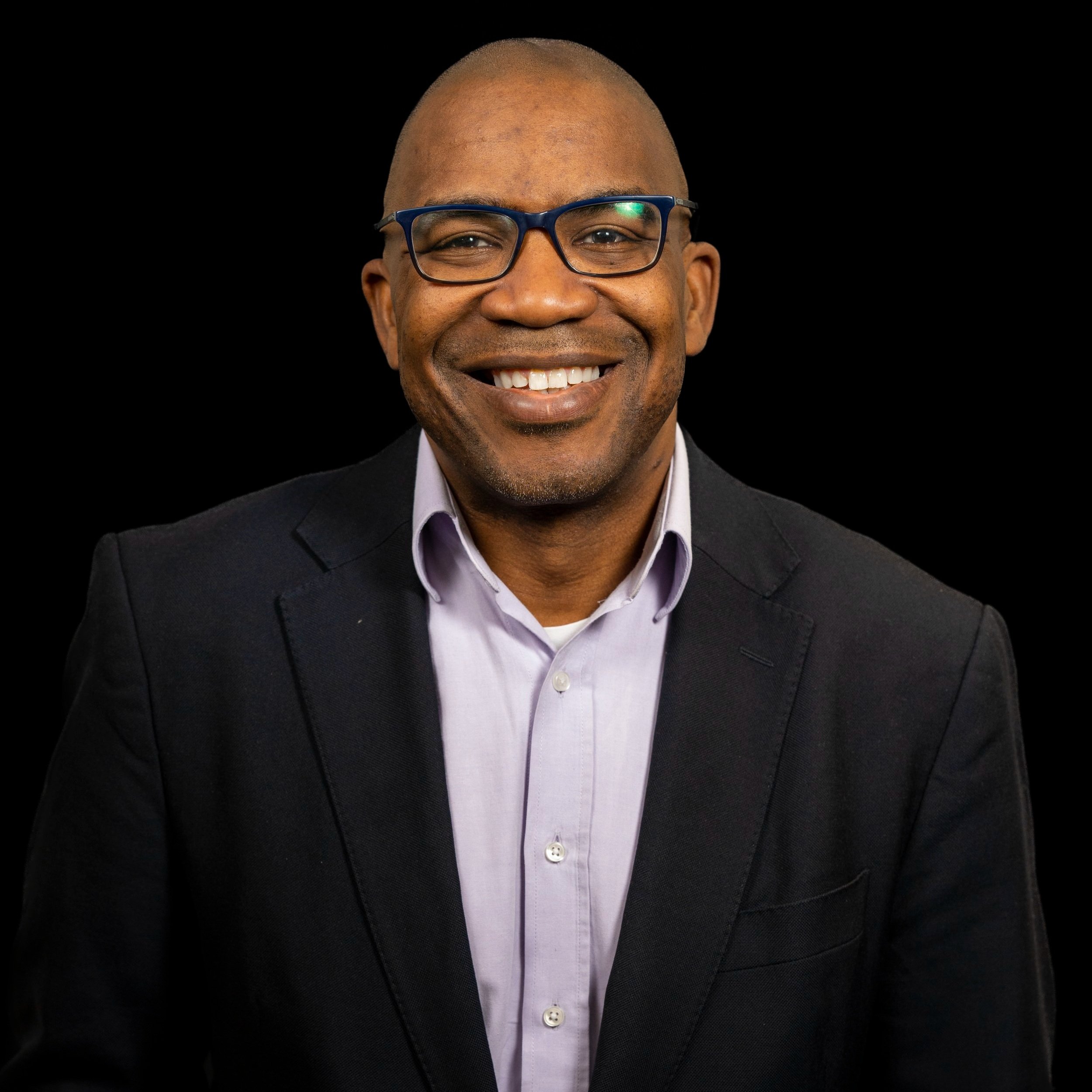Surprising Power of ‘I Don’t Understand?’ and Courageous Assertiveness
Buki Mosaku is the founder and CEO of London-based DiverseCity Think Tank and
the author of I Don’t Understand: Navigating Unconscious Bias in the Workplace.
Power and movement on difficult problems doesn’t always come from hard, declarative sentences. It can rise from the curiosity of a sincere, civil. well-thought-out question.
Unconscious bias in the workplace is highly problematic for many people and doesn’t resolve itself so it is advisable to promptly address it. Yet how?
If left unheeded, the detrimental compounding effects damage the victim and additionally perpetuate the problem for others.
Contrarily, when employees have developed skills to navigate inevitable workplace bias, tension is decreased, trust is built, cohesion is more likely and higher-performing winning teams are going to happen, says one expert.
Again, how?
The answer begins in a specific question: “I don’t understand,” which can become a gateway for non-confrontational dialogue because the nature of the question isn’t accusatory, aggressive or petulant.
What the question can do is cut to the core of a problem. It also respectfully, wisely gives the perpetrator the benefit of the doubt.
The question is safe because it helps the victim asking gain access to a level of agency regardless of the perpetrator’s seniority.
Because the line of inquiry is developmental, non-accusatory, dispassionate and impartial, it allows the bias infraction to be discussed civilly and resolved collaboratively.
In short, “I don’t understand” can help people navigate a sensitive situation intelligently, assertively and expertly.
“The question is genuinely designed to illuminate understanding of decisions and-or behaviors that seemingly appear to stifle the career of the ‘sensed’ victim of bias,” says Buki Mosaku, founder and CEO of London-based DiverseCity Think Tank, a workplace bias and diversity-and-inclusion consultancy, “but at the same time, it allows for the victim’s unconscious misinterpretation of bias to be illuminated in the process.”
This aids in a helpful outcome, because, “As a result, the true bias at play eventually calls itself out,” Mosaku says, adding that, “This can be the presumed perpetrator’s bias or the sensed victim’s reverse bias.”
“When the unearthed bias is from the presumed unconscious perpetrator, there is huge empathy and collaboration to address the bias infraction (or infractions) suffered by the victim,” Mosaku points out. “Even better, the victim of unconscious bias is strategically and advantageously positioned to collaboratively work with the perpetrator to seek worthy recompense for their loss, be that loss of a job opportunity, exposure on a glamourous project, salary increase, etc.”
This chosen response to pain can increase the odds of improvement because people are respectfully acting as a catalyst for it.
“Those already hurt by the wrongs of bias — victims of bias — benefit from having a collaborative approach led by them on a number of levels,” Mosaku says.
“It allows victims to revisit the issue that led to the hurt in a non- accusatory manner which is likely to invoke collaboration from the presumed perpetrators in resolving the hurt,” he adds. “When you turn the ‘I don’t understand’ statement into a question it typically invokes the following responses: ‘What don’t you understand?’ Or, ‘Let me explain …’ or, some variation of both.”
Emotional pain can make this challenging yet it’s vital to stay the course to gain access to a willing ear and receptive, flexible mind.
“As long as the victim maintains this developmental inquiry approach, the bias effortlessly and collaboratively calls itself out with the empowered traditional victim leading the dialogue with the sensed perpetrator of bias,” Mosaku asserts.
Assertiveness must become a consistent responsive reply.
“That said, armed with the IDU? (‘I don’t understand?’) methodology I would always recommend calling out sensed career-stifling unconscious bias in the moment it is sensed,” he adds. “Don’t wait or you run the risk of reinforcing the unconscious bias aimed towards you and your silence can become tacit approval of the infraction.”
There is an additional reason, Mosaku stresses, to not bypass on opportunity to speak up and initiate an important conversation.
“The other reason is that you don’t have to wait because you are empowered to call out and navigate and effectively address the issue at hand, then and there — or as soon as possible — with surgical precision,” he says.
The IDU methodology is knowledge, which can become a competence and pathway for change for a person and other people.
“When a person is armed with the IDU? methodology they are empowered in a way that previously was not available to them,” Mosaku says.
“This confidence reduces the likelihood of bias infractions aimed towards them in the first place,” he says to encourage and embolden.
That doesn’t however stop him from offering a final comment about the worldly reality. “Though whenever they sense bias,” Mosaku offers as a reminder, “they are confident in themselves to call it out then and there, navigate the issue at hand, recondition the perpetrator and gradually dissipate the wider problem of unconscious bias aimed at them and others in their workplace.”
Communication Intelligence magazine publisher’s note:
Mosaku is the author of “I Don’t Understand: Navigating Unconscious Bias in the Workplace” (Business Expert Press, released Aug. 23, 2023)
***
Advertising in Communication Intelligence is available through (paid) links, ads in articles, section sponsorships, expanded business listings and job and collaboration listings. Communication Intelligence also offers professional writing services: email the publisher — upper right-hand corner of this website — with questions or for details.


